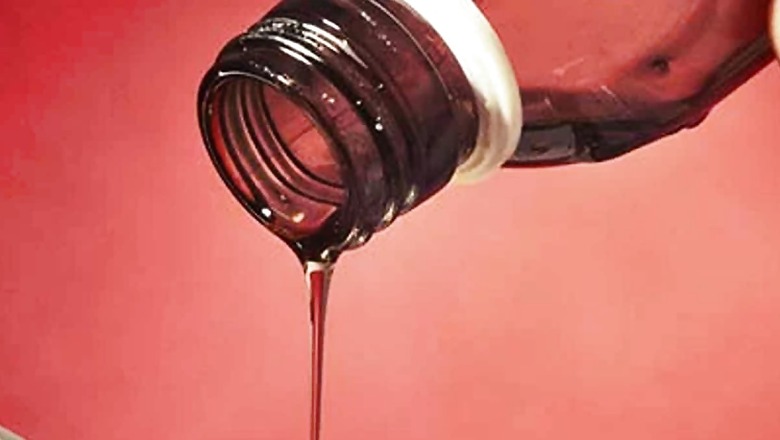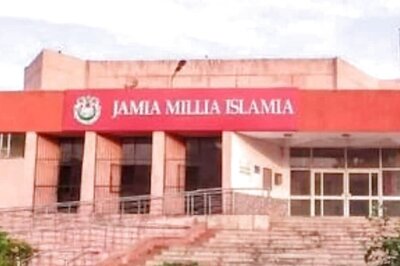
views
After facing flak from global health agencies, India has decided to put in a system of checks at government laboratories before exporting cough syrups.
The move is driven by multiple allegations levelled by importers of Indian medicines, especially cough syrups, including Uzbekistan, the Gambia, Marshall Islands, and Micronesia, where made-in-India syrups were found contaminated with toxic diethylene glycol (DEG) and ethylene glycol (EG).
News18 first reported on May 16 that the Ministry of Health and Family Welfare is considering the proposal sent by the drug regulatory agency, Central Drugs Standard Control Organisation (CDSCO), to test the finished goods at government labs before exporting.
The proposal explained that the exporter will have to produce the “certificate of analysis” of the batches being exported from one of the approved labs along with other documentation for the release of the consignment for export.
Accepting the proposal, the government has amended the Foreign Trade Policy, 2023, related to the export of cough syrups.
On May 22, a notification was issued by the Ministry of Commerce and Industry, Directorate General of Foreign Trade, revising the policy where exports are allowed only after the production of a “certificate of analysis” by the exporter.
“Cough syrup shall be permitted to be exported subject to the export sample being tested and the production of a Certificate of Analysis (CoA) issued by any of the following laboratories…” said the notification while listing the names of the laboratories authorised.
As reported earlier by News18, these laboratories include Indian Pharmacopoeia Commission in Ghaziabad, Uttar Pradesh, and CDSCO laboratories including the Regional Drug Testing Laboratory (Chandigarh and Guwahati), Central Drugs Laboratory (Kolkata), and Central Drug Testing Laboratories (Chennai, Hyderabad and Mumbai).
The changes will be effective from June 1, the notification said.
“The export of ‘Cough Syrup’ under ITC (HS) Codes falling under the heading 3004 shall be permitted subject to the export sample being tested and production of Certificate of Analysis (CoA) issued by any of the laboratories as mentioned in Para-1 above, with effect from June 2023,” it said.
“These incidences are causing embarrassment to the government and raising doubt on India’s capability to manufacture and supply high-quality medicine at affordable cost,” the proposal sent by CDSCO to the health ministry said. “As a result, it is being contemplated to do some intervention from govt. to stop the low-quality cough syrups from entering the global supply chain from India.”




















Comments
0 comment